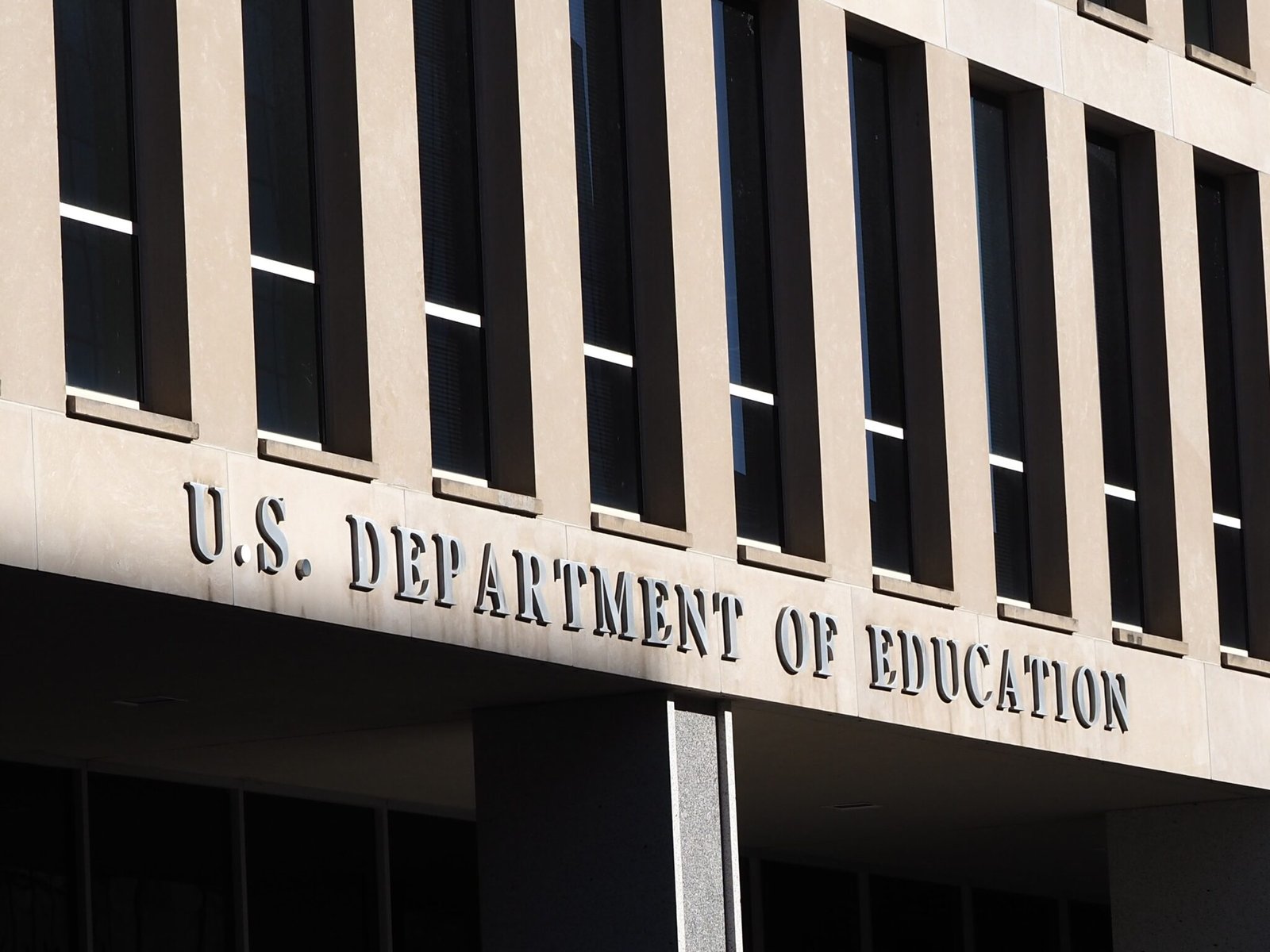Arne Duncan
Insiders Unpack Trump’s Bold Move to Dismantle the Department of Education

WASHINGTON — A panel at the Brookings Institution featured three former U.S. Education secretaries on Tuesday, discussing President Donald Trump’s push to dismantle the federal Department of Education. This conversation comes amidst ongoing debates concerning his administration’s broader educational priorities.
Throughout his campaign, Trump emphasized his intention to eliminate the Education Department, pledging to transform American education through an emphasis on parental rights and universal school choice. His administration seeks to reward states that align with these sweeping proposals, which he articulated fervently during his inaugural address.
In his speech, Trump criticized the educational system, suggesting it instills a sense of shame in children about their country. He asserted that substantial changes would commence immediately, as evidenced by a series of executive orders he enacted shortly after taking office. Among these actions were directives that roll back protections for LGBTQ+ students implemented during the Biden administration.
Linda McMahon, Trump’s nominee for Education Secretary, is poised to play a critical role in realizing his educational agenda. McMahon, a former executive with World Wrestling Entertainment and the previous head of the Small Business Administration, awaits confirmation in the GOP-controlled Senate. Meanwhile, Denise Carter has been appointed as the acting Education Secretary, coming from her role as acting chief operating officer of the Office of Federal Student Aid.
Despite Trump’s vocal commitment to abolish the federal education agency, experts have expressed doubts regarding the feasibility of such a move. Margaret Spellings, who served under George W. Bush, called the notion an “old saw” that resurfaces frequently in political discourse. She emphasized the need for serious deliberation about the federal role in education.
Arne Duncan, who headed the Education Department under Obama, criticized the promise, likening it to Trump’s often unverified claims and noting the lack of accountability for false assertions.
On his first day back in office, Trump enacted several executive orders, including one that instructs federal agencies to exclusively recognize “two sexes: male and female,” thereby eliminating the terms “gender” from federal policies. This directive aims to dismantle federal funding for what Trump termed “gender ideology.” Furthermore, he rescinded a series of executive orders from the previous administration concerning protections for LGBTQ+ students.
Former Education Secretary John B. King Jr. expressed concern about the implications of these changes for LGBTQ students, particularly those from low-income and minority backgrounds. He highlighted the pervasive opportunity gaps and emphasized the importance of recognizing the needs of vulnerable populations, including undocumented students and those from mixed-status families.
Trump’s executive actions not only signify a shift in educational policy but also reflect a broader immigration stance, including efforts to eliminate birthright citizenship, which have already faced legal scrutiny.
Last updated 4:47 p.m., Jan. 21, 2025


















